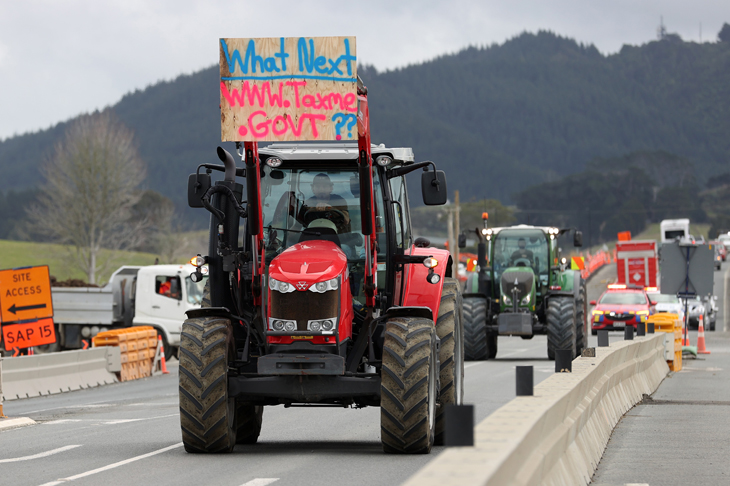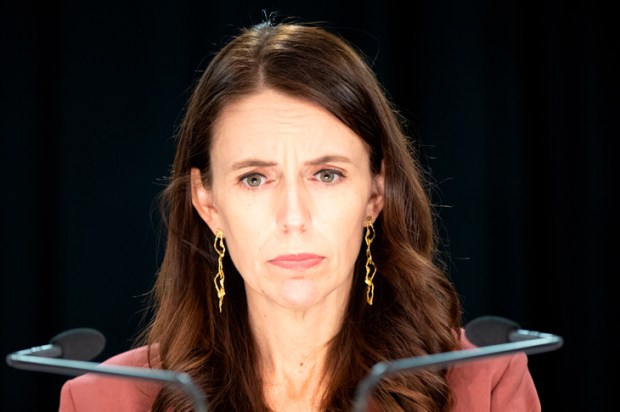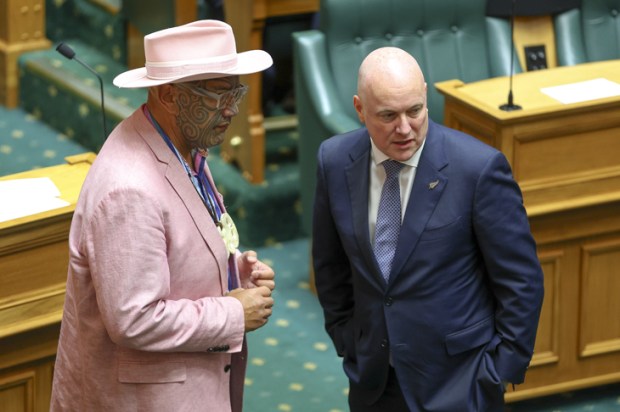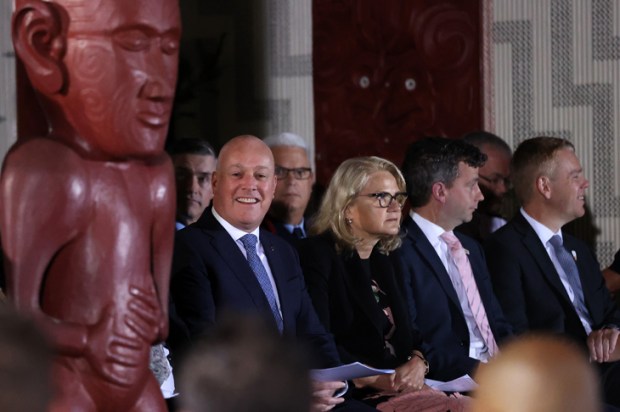Thousands of tractors this recent week lined the streets of towns and cities throughout the country. In ‘The Howl of Protest’, farmers and others have at last risen up against a swathe of new environmental regulations in one of the largest-ever rural protests against any New Zealand government.
These include the markedly unfair ‘Ute Tax’ which punishes the use of utes as work vehicles and is done in line with the government’s promotion of the Clean Car Package rebate scheme.
Already a subscriber? Log in
Subscribe for just $2 a week
Try a month of The Spectator Australia absolutely free and without commitment. Not only that but – if you choose to continue – you’ll pay just $2 a week for your first year.
- Unlimited access to spectator.com.au and app
- The weekly edition on the Spectator Australia app
- Spectator podcasts and newsletters
- Full access to spectator.co.uk
Unlock this article
You might disagree with half of it, but you’ll enjoy reading all of it. Try your first month for free, then just $2 a week for the remainder of your first year.














Comments
Don't miss out
Join the conversation with other Spectator Australia readers. Subscribe to leave a comment.
SUBSCRIBEAlready a subscriber? Log in